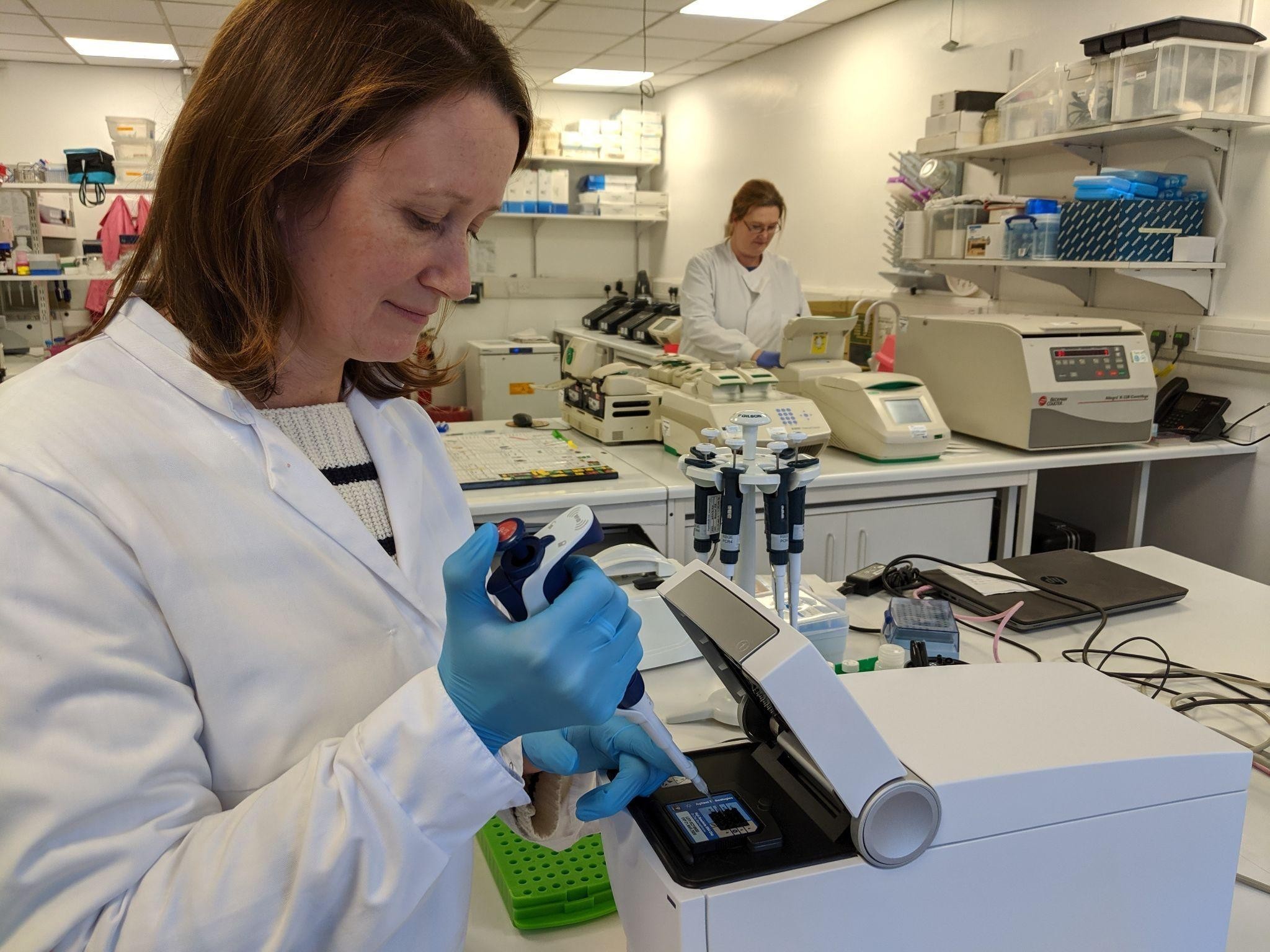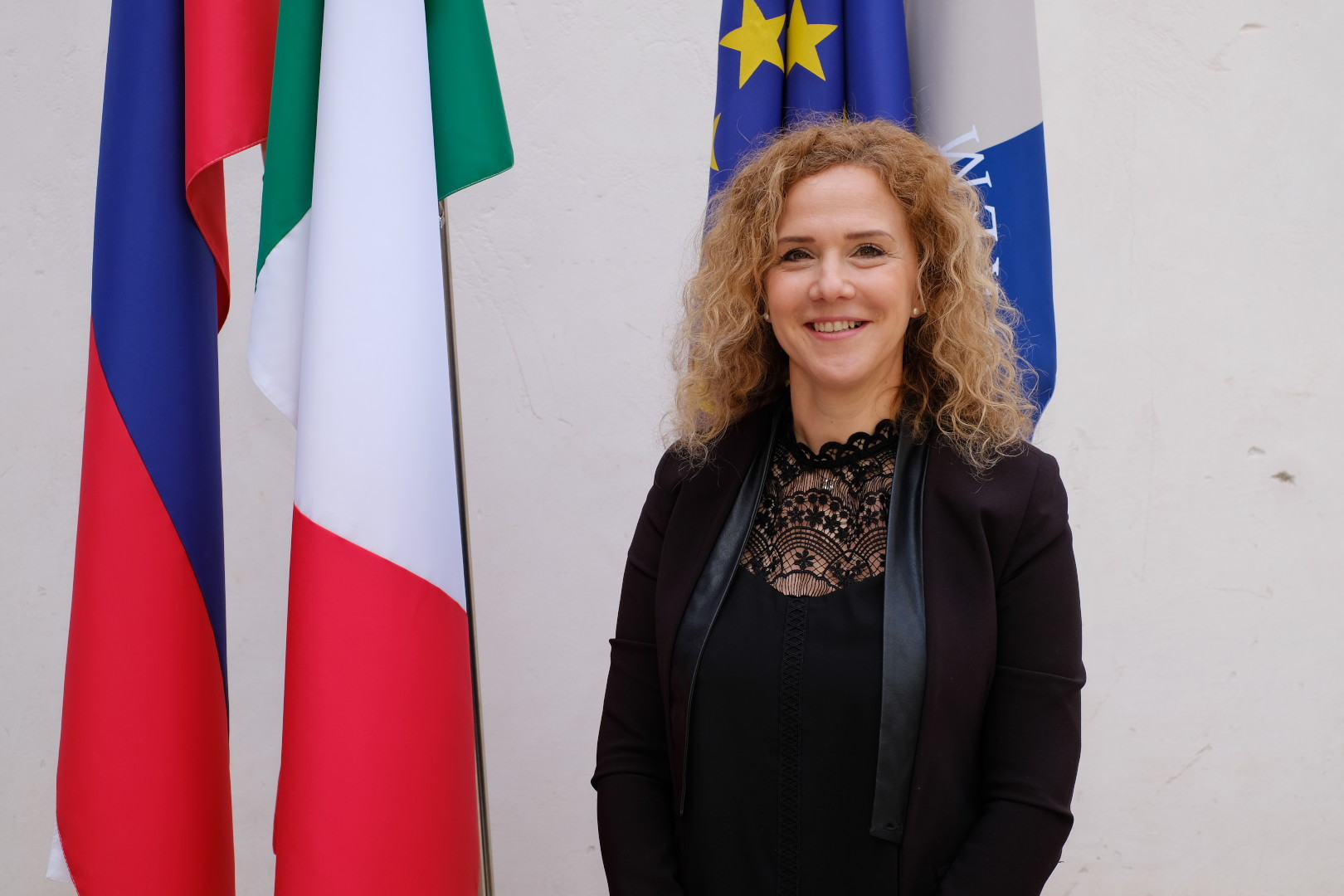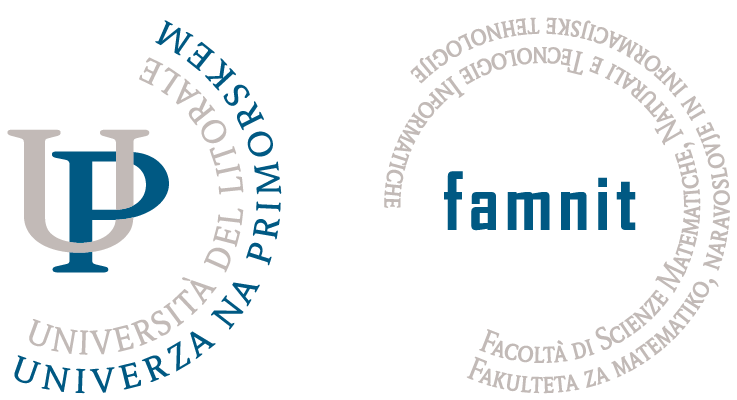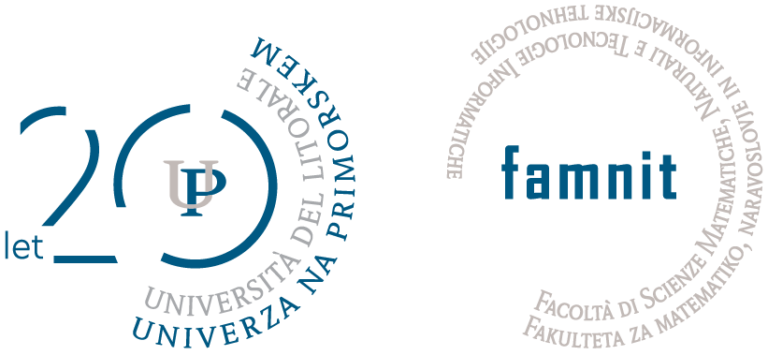How to use genetics and genomics to slow down the decline of biodiversity around the world
The University of Primorska, as the coordinator of the Slovenian consortium ERGA, which is a part of the European Reference Consortium Genome Atlas (ERGA), participates in the Biodiversity Genomic Europe (BGE) project. The aim of BGE is to slow down the extinction of species and the decline of biodiversity worldwide using genetic and genomic approaches.
The Slovenian consortium connects eight Slovenian institutions working in the field of molecular ecology and nature protection: The University of Primorska, The University of Maribor, the University of Ljubljana, the Faculty of Environmental Protection in Velenje, the Slovenian Academy of Sciences and of Art, the National Institute of Biology, the Forestry Institute of Slovenia and the Natural History Museum of Slovenia.
The University of Primorska also participates in a citizen science campaign, implemented within the
The comprehensive application of genomic science to biodiversity research will fundamentally change conservation science and policy – with impacts predicted to be on a scale similar to those of the Human Genome Project in medicine, receiving the Nobel prize in medicine in 2002. The new pan-European Biodiversity Genomics Europe (BGE) consortium, launched today, 28 September 2022, is leading the way.
Time is running out. An appalling one in four species on the planet are currently threatened with extinction, putting livelihoods, food supplies, and essential water and nutrient cycles at risk. Knowledge is of the essence in the fight to reverse this unprecedented loss of species and degradation of ecosystems – yet currently our understanding of how life on Earth functions and responds to environmental pressures is far from complete. Genomics provides crucial new tools to answer these questions, and the BGE consortium will cause a quantum leap in the use of genomics across the continent.
Despite centuries of scientific research, an estimated 80% of the world’s species still await scientific discovery and description. Even for described species, telling them apart is often difficult. Moreover, interactions within and among species, and between species and their environment, create a hugely complex picture from individual to planetary levels. Genomic science is our best hope for success in mapping these interdependencies and predicting how individuals and groups may respond to environmental change. By bringing together Europe’s key practitioners in two fundamental DNA-based technologies – DNA barcoding and genome sequencing – BGE will streamline the rollout of these methods across Europe.
What is DNA barcoding? DNA barcoding uses short sequences of DNA to discriminate between species – analogous to the way conventional barcodes distinguish products in a supermarket. With modern genetic sequencing techniques, DNA barcoding has the potential to dramatically accelerate the inventory of life on Earth, providing a basis for global conservation monitoring.

Foto: Royal Botanic Garden Edinburgh
The BGE project is worth more than € 20 million, and 29 countries participate in it. Slovenia, as one of the biodiversity hotspots – areas with an unusually high level of biodiversity, will be able to determine the entire reference genomes of more than 30 species as part of the project, which will be selected by researchers from members of the Slovenian consortium.
Prof. dr. Elena Bužan (University of Primorska), the BGE project manager for Slovenia and the coordinator of the Citizen Science Committee at ERGA, commented: “We are very proud that in a very short time we managed to connect all Slovenian institutions working in the field of genomics and nature protection in this consortium, and thus including Slovenia as a biodiversity hotspot. I believe that this is the beginning of remarkable cooperation in Slovenian, European and global arena, and among researchers that are working in the field of genomics and biodiversity. The project will also contribute to raising awareness among various stakeholders (ministries, industry, NGOs, citizens) about the importance of genetics and genomic biodiversity for acquiring new knowledge and development in the fields of bio economy, agriculture and medicine. It will also raise awareness on the importance of genetic design as an important factor in adapting species to upcoming environmental changes. New knowledge will greatly enhance the value of research, the connection between researchers and end-users, and, perhaps most importantly, trust between various stakeholders.”

Prof. dr. Elena Bužan
More information is available here.


